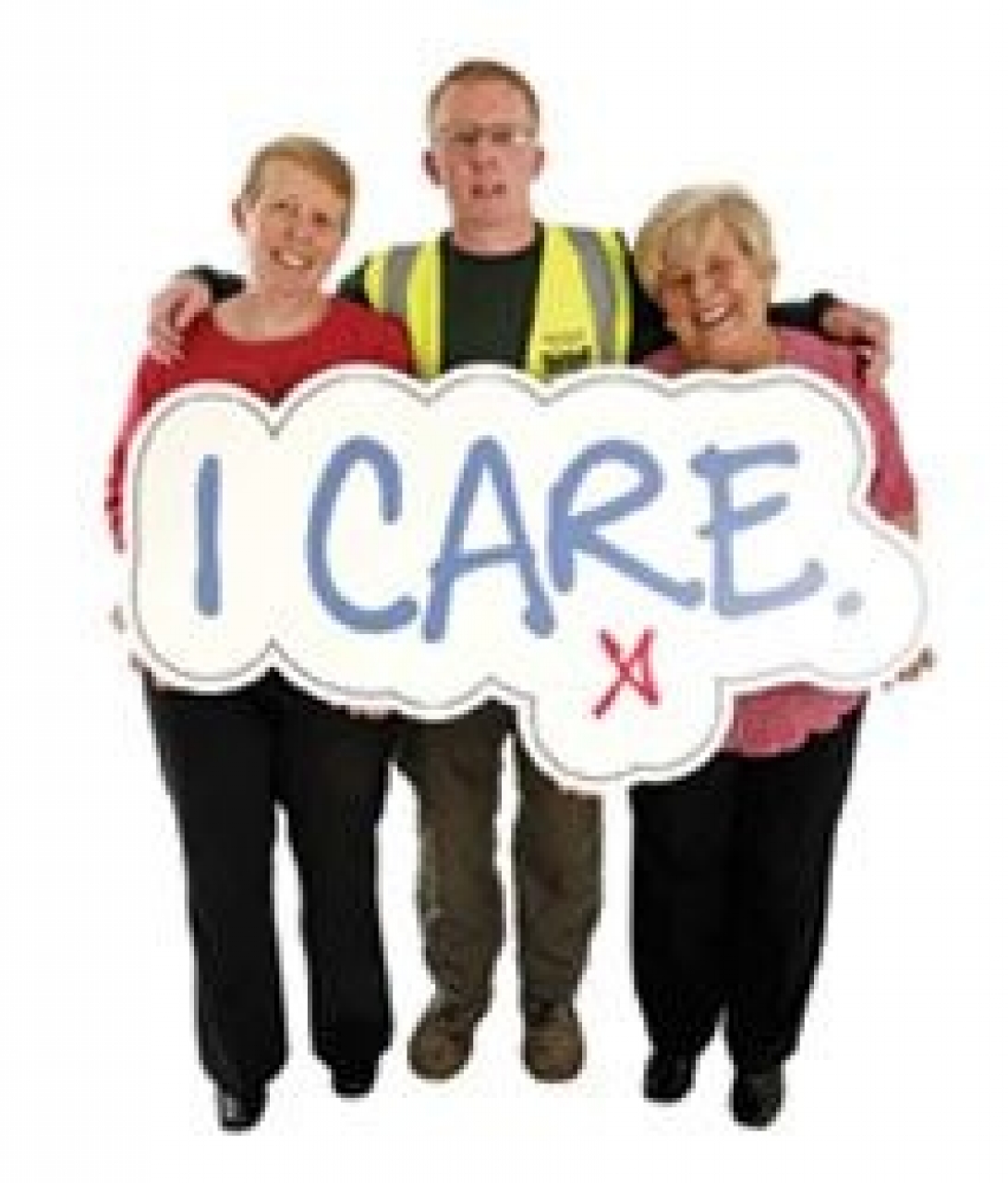A new survey is sure to debate about working hours and flexible working.
According to research commissioned by the Chartered Institute of Personnel and Development and Simplyhealth, more people are taking time off because they are struggling to juggle their jobs with childcare or caring for elderly relatives.
More than one in three employers report that absenteeism has increased because workers need time for caring responsibilities.
Emily Holzhausen, director of policy at Carers UK, said 3 million people are juggling work with caring for an older or disabled loved one. She estimates this costs businesses £3.5bn a year, with extra costs to the economy and to the families themselves in lost earnings and pensions.
Just one in six organisations has a policy in place to help staff with their caring responsibilities on top of their jobs. The CIPD is calling on more businesses to adopt a formal policy to support workers, and ultimately benefit business.
Jill Miller, CIPD research adviser, said: “With the sandwich generation, people have children later, and are looking after their young family as well as looking after elderly relatives or friends in the ageing babyboomer generation. That does take its toll on people. But there are some simple things employers can do. If you do allow people to work more flexibly, you can hang on to talent.”
Flexible working arrangements are by far the most common type of support (68%), followed by compassionate leave (53%) and paid or unpaid carers’ leave (48%). Just over two-fifths (42%) of employers offer access to counselling services and three in 10 offer career breaks and sabbaticals.
“Recent research has predicted that there will be four generations working side-by-side by 2030. With this 4G UK workforce, employers are having to manage an increasingly diverse range of employee needs ... It’s proven that flexible working can improve engagement and productivity within the workforce,” Miller said.
Under new legislation, all employees have the right to request to work flexibly and this survey gives us more evidence to back up the need for employers to take these requests seriously.





